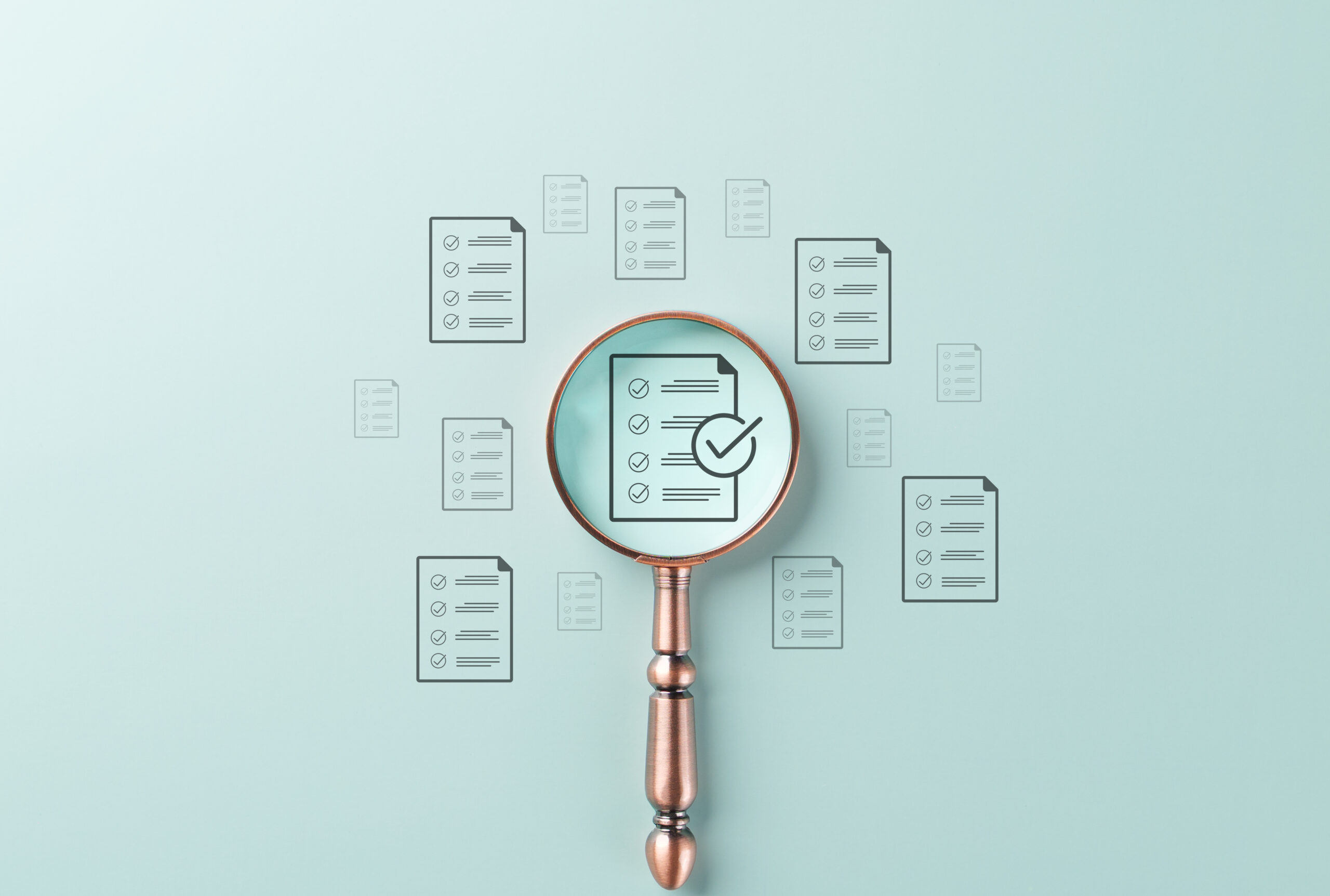Unlock peak performance with stretch assignments, diverse training methods and data-driven insights for your teams. Discover how with Rico Wyder
When they parade along the River Seine for the opening ceremony of the Paris Olympic Games, the athletes taking part will have undergone years of rigorous training, practice, coaching and feedback.
Competing at the highest level is the moment they display all that practice. This also happens in the workplace
HR and L&D leaders can take a lot of inspiration from elite sports and how individuals prepare themselves for the opportunities and pressures of the Olympics.
Practice, practice, practice
Key to getting a podium slot will be practice in a range of ways. American swimming star Michael Phelps is the most successful Olympian of all time with a total of 28 medals. When he was competing, he would swim at least six hours a day, seven days a week, even on Sundays and birthdays. Similarly, gymnast Simone Biles trained for 32 hours a week throughout her childhood, before eventually qualifying for her first Olympics at Rio in 2016.
To become the greatest at their sport, they recognised that there are no shortcuts for real-world practice. Practice accounts for 80% of the difference between amateur and professional athletes.
Often athletes emphasise that the work they put in is not seen. Competing at the highest level is the moment they show off all that practice. This also happens in the workplace.
Every day we are learning in some way. Especially in today’s market, we must put in the work to constantly improve, try new things and even fail (and learn from it). That can only happen when people have a safe space in which to get better every day.
Offer safe spaces
Providing learning opportunities that have an experiential element will give your employees the safe space they need to practise their skills ready for real-world work. Stretch assignments and projects are one such way to show workers how their skills are applied to a role or task.
Virtual IT labs are specialist tools for technical skills that imitate how someone will need to perform a skill such as programming or using a piece of software in your organisation, specifically. They can be a helpful solution for upskilling people and making sure they’re ready to combat a cyber-attack or set up a database without putting your business continuity and data at risk.
Volunteer opportunities are another option to offer if you cannot find experiential learning experiences within your workplace.
Depending on the skill being built and the group being upskilling, some experiential learning is more suitable and scalable than others. Soft skills would be served well with volunteering or peer-based opportunities while technical and business-critical skills should be built in a safe, non-production space with added validation (more on this later).
Multiple modalities needed
But it isn’t just doing the same activity over and over again that gets you to gold. Hitting a skill from different angles will hone and perfect it. Indeed, 88% of Olympians feel that participating in multiple sports is important in their journey to the Games. Olympians are training in their chosen sport, they are cross-training with weights and mobility exercises, and they are also doing activities that bring them physical and mental relief.
In a similar vein, offering a range of learning opportunities can keep the overall experience varied and engaging, but also help someone master a skill from multiple angles and perspectives. That means providing access to a range of content but also, critically, providing practical experiences that reinforce theoretical knowledge with real-world scenarios.
Managers as coaches
You can’t mention elite sports without talking about their coaches and the continuous feedback that their coaching teams offer. It is the coach who the athlete turns to for advice, inspiration and to understand areas of improvement.
Equipping people managers with coaching skills can create a similar culture within your workplace. Managers are a critical bridge between the skills that a business needs and what an employee wants to build. They are also the most likely (apart from individual employees) to identify areas of improvement for direct reports. Training managers to be coaches is a key step in promoting continuous improvement and psychologically safe environments for learning.
Unlock performance through data
Another tool in an athlete’s gym kit is data. They use performance data to identify where to improve and they use data on their sleep, nutrition, mental state and overall wellbeing to understand influences on game day.
HR and learning teams have a glut of data that could be pored over to understand what’s impacting employee performance, retention, productivity, effectiveness (such as customer satisfaction or sales pipeline), skill readiness and futureproofing.
Gathering high-quality, accurate and timely skills data is key to getting started. A rich source of this, apart from your LMS and LXP, are performance-based assessments that test, in as close to a real-world scenario as possible, someone’s skills, abilities and reactions in the moment.
Testing someone in the heat of the moment is the only way you can really validate their skills for the workplace. This is particularly relevant for fast-paced tasks where performance ultimately hinges on someone’s training. As the saying goes: “’Under pressure, you don’t rise to the occasion, you sink to the level of your training.”
Dedication to your craft
When you’re watching the Olympics, pay heed to the dedication and practice that has propelled athletes to Paris. And look at the many varied ways you can bring the same excellence to your workplace culture and learning and development.
We are all running a race of some kind, whether that’s scaling globally or launching new products. Preparing your employees with the right kind of training and learning environment will ensure they can keep pace and perform.
Rico Wyder is Head of EMEA at Skillable




